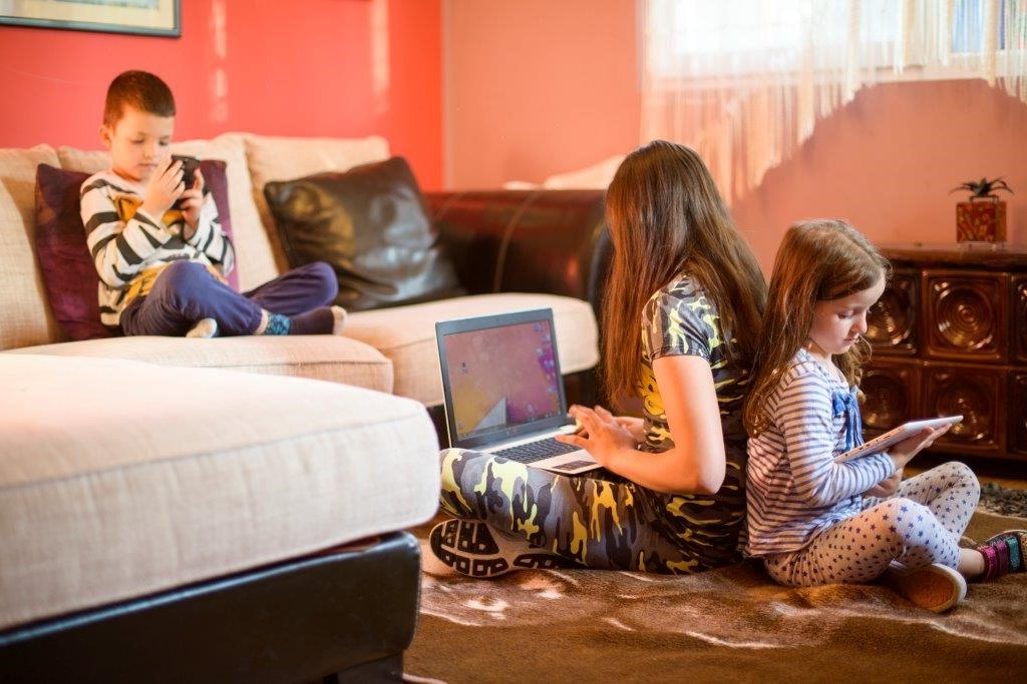Montenegro participated in the Global Summit ‘We Protect Children Online’ organised by the UK government in London on 10–11 December 2014, and, together with more than 50 countries worldwide and the ICT industry, signed a statement of action committing to take global action to identify and protect victims, remove child sexual abuse material from the internet, strengthen cooperation across the world to track down perpetrators and build global capacity to tackle the sexual exploitation of children online. After the Global Summit, the UNICEF Office in Montenegro, as part of the UNICEF Global Programme tackling online child sexual exploitation, has started to implement the new initiative, aiming to support the government to prevent and protect children from online child sexual exploitation and in that sense, to fulfil the commitment made by the Global Summit and Global Alliance against child sexual abuse online.
As part of this initiative, UNICEF Montenegro joined the Global Kids Online (GKO) project and carried out a survey including children aged 9–17, their parents and schools’ representatives. The research also involved focus groups and individual interviews with children. The survey involved a stratified random representative sample of 1,002 households (1,002 children and 1,002 parents were interviewed, one child and one parent per household). Interviews were conducted face-to-face at respondents’ homes, with a self-completion section for sensitive questions. The qualitative study comprised 36 focus groups and 12 individual interviews.
The findings from the study were launched in July 2016.
Thanks to the cooperation of UNICEF and Telenor, Montenegro has become the first country to have comparable data on the digital skills of children, parents and teachers within the Global Kids Online research network. The survey on teachers and the internet in Montenegro was conducted by the Ipsos research agency on a nationally representative sample of 911 primary and high school teachers in 2018, under a methodology developed in partnership with the London School of Economics and Political Science and UNICEF’s Office of Research – Innocenti, within Global Kids Online. Interviews were conducted face-to-face at respondents’ homes, with a self-completion section for sensitive questions. Download technical report.
Further materials from this study:
The presentation of findings from the launch in July 2016
Engaging children’s voices and experiences in research
Working on knowledge exchange and impact
Recognising online hurtful behaviour among peers
More about the Global Kids Online project in Montenegro








